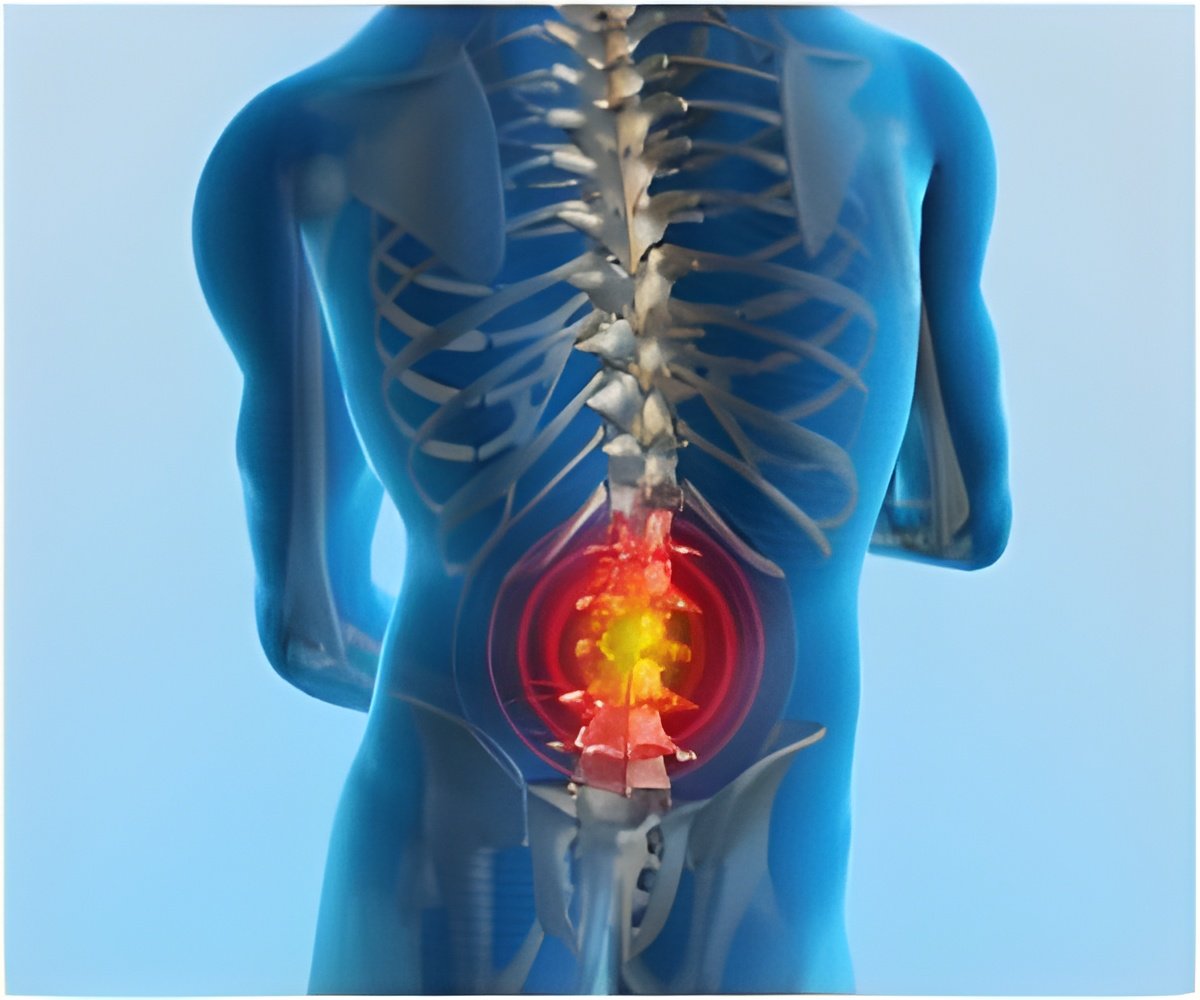New research presented at the 2013 Annual Meeting of the American Academy of Orthopaedic Surgeons reveals that high-energy lower-extremity trauma is common in modern warfare.

In the study, researchers reviewed RTR records of 14 Special Operations Command (SOCOM) personnel – 10 Army Special Forces, three Navy Sea Air Land (SEALs), and one Air Force Pararescue Jumper (PJ) – who sustained HELET injuries and completed the RTR program. Records were reviewed for functional capabilities – the ability to walk, run and jump without assistive devices; and occupational capabilities – standing continuously for more than one hour, moving with a load of 20 pounds or more, and the ability to return to duty and combat. Recreational capabilities include running and agility sport participation.
Following RTR, 13 of the 14 service members (including three who had initially considered amputation) were deemed fit to return to duty, and at least seven returned to combat.
Source-Eurekalert









